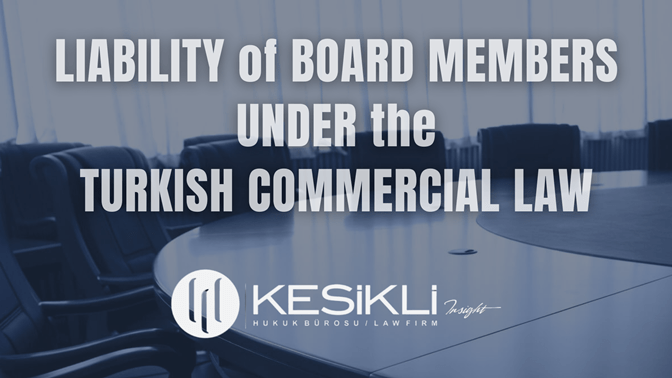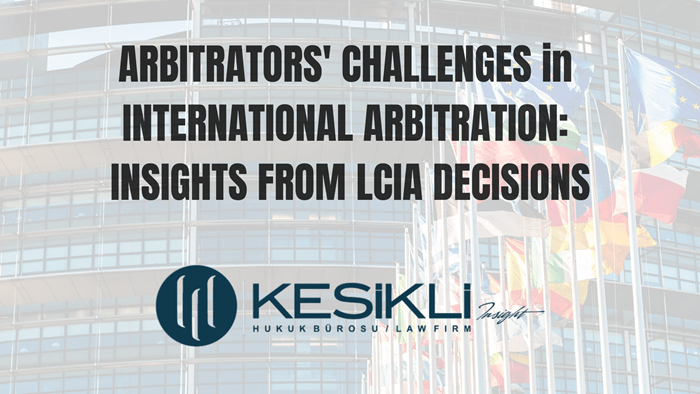EU and Iran
US’ reimposition of sanctions on Iran remains on the agenda. As is known UN surmised that Iran’s nuclear programme was peaceful and lifted its sanctions. Treaty on the Non-Proliferation of Nuclear Weapons (NPT) and Joint Comprehensive Plan of Action (JCPOA) came into prominence as the international legal framework and Iran had become a remarkable/attractive market after lifting sanctions.
As you may recall, the EU was of the opinion that Iran had kept its promise in terms of the nuclear deal, so the related economic and financial sanctions had to be lifted. However, the US disaccorded and withdrew from JCPOA unilaterally by upsetting the balances and leaving the world with a burning issue that is trade relations with Iran.
The US’ first sanctions package set the following sanctions on: Iran buying or acquiring U.S. dollars; Iran trading gold and other precious metals; Iran’s sale, supply or trade of metals such as aluminum and steel, as well as graphite, coal and certain software for “integrating industrial processes”; “significant” sales or purchases of Iranian rials, or the maintenance of significant funds or accounts outside the country using Iranian rials; issuing Iranian debt; Iranian auto sector. The package stepped in on 7th of August 2018.
The second sanctions package included: “Sanctions on Iran’s port operators, and shipping and shipbuilding sectors; sanctions on the purchase of petroleum, petroleum products, or petrochemical products from Iran; sanctions on transactions by foreign financial institutions with the Central Bank of Iran and designated Iranian financial institutions; sanctions on the provision of specialized financial messaging services to the Central Bank of Iran and Iranian financial institutions; sanctions on the provision of underwriting services, insurance, or reinsurance; sanctions on Iran’s energy sector.” Especially the sanctions on the purchase of petroleum and related products was crucial since Iran has the world 4th largest oil reserve and with the effect of the sanctions the oil revenue of Iran reduced by half.
The impact of the sanctions to third countries seems inevitable. However, by temporarily immunizing the most affected 8 countries, the US seems to find a compromise. Turkey, China, India, South Korea, Italy, Greece, Japan and Taiwan are given immunity and are expected to lower their oil imports from Iran gradually.
Parties to the agreement (JCPOA) are stated as E3/EU+3 which means three countries of the EU as France, Germany and United Kingdom plus the United States, China and Russia. After the US’ unilateral withdrawal from the agreement, EU efforts to safeguard Iran nuclear deal has continued. They announced their intention for taking concrete steps to protect the economic interests of the European firms that are carrying out lawful trade with Iran; complying with the EU law and UN Security Council decisions. For this purpose, establishing a Special Purpose Vehicle (SPV) in order to carry out the more complicated transactions has emerged as one of the alternatives. With the SPV, there would not be a connection to the dollar-denominated international financial system. This new system is contemplated to be barter-like, based on credit accumulation which would allow Iranian companies selling products into Europe and in return, buying products with the accumulated credit.
Accordingly, the SPV or the legal entity named Instex (Instrument in Support of Trade Exchanges) has been put in place recently by France, Germany and Britain to facilitate trade with Iran. Instex has been registered in France, will be run by a German banker and will have a supervisory board consisting of diplomats from those three countries. The ‘sovereign participation of the shareholders’ and ‘involvement of senior officials with management’ are the crucial elements of this new structure. However, the full implementation seems to take some time and European companies must be enthusiastic about using this system in order to maximize the benefit.
The three ministers of these countries (E3) stated that Instex would support legitimate trade with Iran, concentrating on pharmaceutical, medical devices and agri-food goods sectors. In the long run, by using Instex, actors from third countries could be involved in trade with Iran, too.
Turkey and Iran
When we look at the present, we can see that the sanctions revived the trade between Iran and Turkey, in Turkish Lira.
Recent developments led many active foreign companies’ pulling out of the Iranian market. In this respect, expecting an increase in the business volume of the Turkish small and medium sized enterprises, wouldn’t be wrong. We are of the opinion that Turkish companies desiring to do business with Iran within an internationally legitimate framework would need a substantial/sound legal guidance.
Turkey and Iran had already signed a Bilateral Investment Treaty (BIT) in 1996 which entered into force in 2005. The Agreement On Reciprocal Promotion And Protection Of Investments Between The Government Of The Republic Of Turkey And The Government Of The Republic Of Iran alias BIT sets forth the basic rights and responsibilities of the Contracting Parties.
Turkey and Iran also signed ECO (Economic Cooperation Organization) Investment Agreement in 2005 and the OIC (Organization of Islamic Cooperation) Investment Agreement in 1981.
During Foreign Economic Relations Board Turkey-Iran Business Council’s visit to Tehran in October 2018, the importance of trade promotion was emphasized; problems and solution proposals were addressed. The Preferential Trade Agreement (PTA) applies to 125 products. However, some of the products that Iran implements import prohibition to, overlaps with these PTA products and this situation creates discontent on the Turkish side. Turkey asked Iran to review the implemented policy and lift the ban on these specific products.
It seems that for both countries there are a lot to do to develop trade relations in different sectors such as tourism, real estate, automotive etc. We will be following what steps will be taken by the EU and Turkey against the sanctions. We believe that Turkey could be an attraction center for Iranian companies in the near future.
@Kesikli Law Firm
Let's Get Connected!



